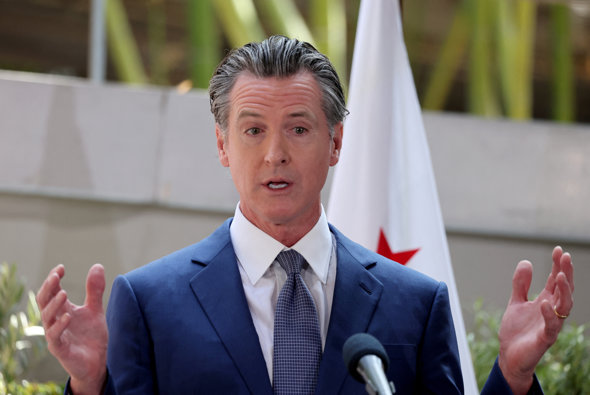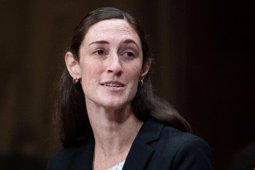
Newsom Seeks Medi-Cal Asset Cap
California Governor Gavin Newsom proposes reinstating a $2,000 asset cap for Medi-Cal eligibility to control rising costs, drawing criticism from disability advocates.
Budget Crisis Prompts Return to Asset Test
California Governor Gavin Newsom has introduced a controversial proposal to reinstate an asset test for Medi-Cal, the state's public healthcare program for low-income residents. Under the plan, seniors would be required to possess less than $2,000 in total assets to qualify for benefits, a policy that had been eliminated but would now return amid a significant budget shortfall.
The measure is included in Newsom's 2025–26 budget draft, which was developed by the California Department of Finance. The proposal cites ballooning enrollment, escalating pharmacy costs, and higher managed care expenses as primary reasons for Medi-Cal's financial strain. Over the past decade, Medi-Cal expenditures have surged by $20.5 billion, with $37.6 billion spent in the last year alone. Projections indicate an additional $10 billion in costs over the next fiscal year if no action is taken.
In addition to the asset test, Newsom’s plan includes a freeze on new Medi-Cal enrollments for undocumented adults. This move seeks to curb expenses associated with recent policy expansions, including the full elimination of the asset test in prior years and the extension of Medi-Cal to all income-eligible Californians regardless of immigration status.
The proposed asset test would consider income sources such as salaries, bank balances, cash, a second vehicle, home equity, and retirement accounts. Applicants exceeding the $2,000 threshold would no longer be eligible for Medi-Cal. Newsom’s office estimates the reinstatement could save $94 million in the current fiscal year and $791 million by 2028–29.
Advocates Decry Harm to Vulnerable Populations
The proposal has sparked immediate backlash from advocacy groups, particularly those representing people with disabilities and low-income seniors. Disability Rights California, a prominent nonprofit organization, condemned the plan as harmful and regressive.
“While we understand the reality of budget shortfalls and that cuts will sometimes be necessary, the priorities and reality of this May revision are even worse than what we imagined,” the organization stated. It warned that reinstating the asset limit would impose undue hardship on California’s most vulnerable residents and that it “effectively demands extreme poverty in order to continue receiving critical healthcare.”
Critics argue the policy disproportionately affects seniors and people with disabilities who rely on Medi-Cal for essential services such as in-home care. The proposed changes would roll back reforms that expanded access to healthcare and eliminated financial barriers.
Defending the measure, Governor Newsom emphasized the need for fiscal responsibility. “None of this is the kind of work you enjoy doing, but you’ve got to do it,” he said, according to the Los Angeles Times. “We have to be responsible. We have to be accountable. We have to balance the budget.”
As the state legislature reviews the budget proposal, the debate over Medi-Cal’s future and the balance between fiscal discipline and social equity is expected to intensify. Lawmakers and advocacy groups alike will weigh in over the coming months on the potential human and financial impact of the proposed asset test and enrollment restrictions.






